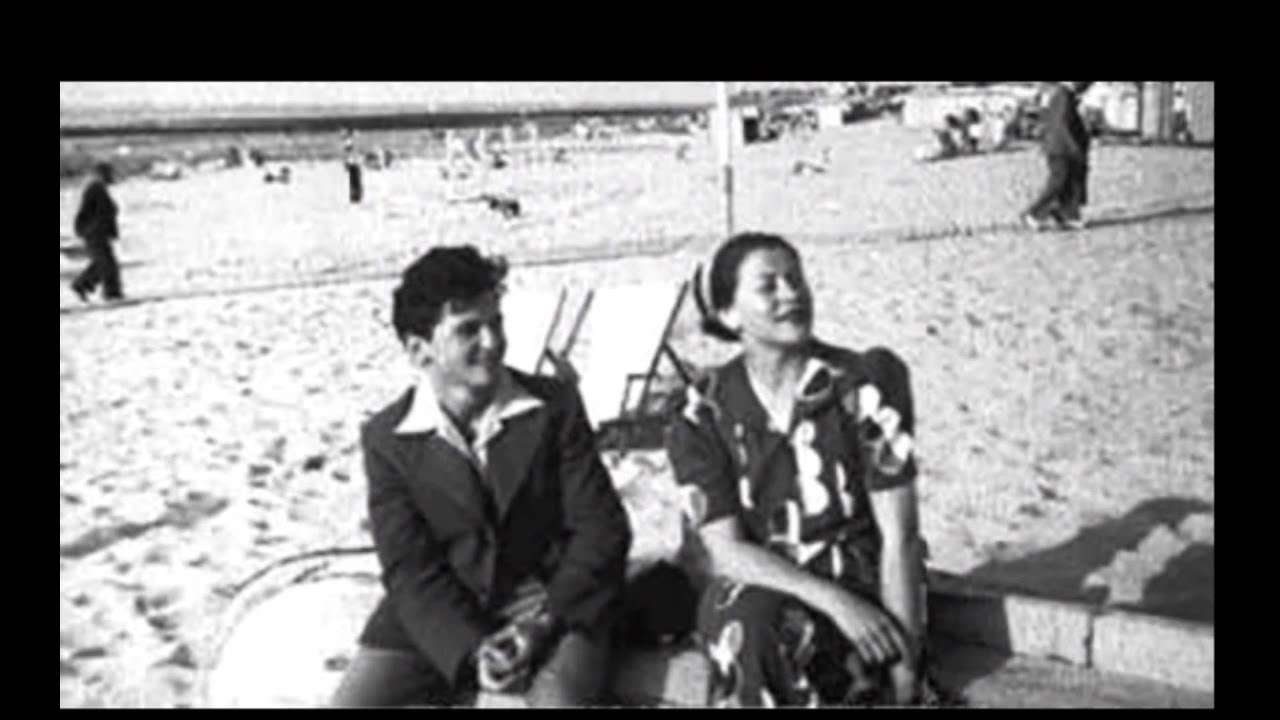Hassid would have been 100
Daily Comfort ZoneTwo dates are given for the birth of one of the greatest violinists ever to draw bow across strings.
Joseph Hassid was born in Poland either on December 9, 1923, or on December 28. Either way, he would be 100 had fate not decreed otherwise.
Joseph died, aged 26, after an attempted lobotomy in an English mental hospital where he had been confined for seven years.
His character appears in my novel The Song of Names and in the subsequent film.
We have never seen his like again.






The Hassid story is indeed heart-breaking. We are fortunate to have the few precious 78 rpm sides that we do, but even the truncated record and concert career of Michael Rabin — where perhaps we did see Hassid’s like again in terms of extraordinary virtuosity blended with rich-toned expressiveness — is far more representative in repertoire, and unlike Hassid’s legacy, includes valuable preserved broadcasts of concertos and sonatas.
One reads all manner of speculative explanations for Hassid’s rapid and very total mental decline, a youthful romance terminated by both sets of parents being one of them, and the usual pressures of child prodigism (to revive the term Heifetz invented), but the fact remains that he had reached the age for the most common diagnoses of severe bipolar and schizophrenia diagnoses in males, not necessarily related at all to emotional upheavals but evidently body chemistry. And a disturbing tendency in Hassid’s important concerts for strange memory lapses is sometimes cited as a foretaste of the mental issues yet to come. According to Boris Schwarz’s book on the violin, eventually Hassid’s memory issues reached the point where he denied he had ever played the violin. Schwarz also quotes a poignant letter to Hassid from his teacher Carl Flesch begging with him to get better and play again. It was too late.
The lobotomy surgery that Hassid underwent had a relatively brief period of, well, “popularity” is not really the right word, but a great deal of faith was being put in that drastic procedure at the time. The once-famous magazine article writer Irving Wallace was one of the first to express doubts about it, in an article titled “They cut away his conscious” which for a time was much reprinted and cited, and is still worth seeking out. It was not about Hassid but dealt with similarly unhappy, or at the very least, mixed, lobotomy results.
While it is nice to think that had he lived and been healthy Hassid would have become one of the dominating violinists of his time, the bitter fact remains that he had also reached that age where remarkable prodigies either fulfill their promise or fall by the wayside. Bustabo comes to mind.
And Ginette Neveu. Same era.
Hassid was one of a kind. https://www.youtube.com/watch?v=4T1fI_vc3CM
Ivry had a kind word about Hassid, when asked.
Such genius is so unusual…it could not be really normal, and so ended Hassid’s relationship with his friends and Flesch.
Joseph my teacher who was also with Flesch at the same time, had a similar sound, so astonishing, some people suggested he was Hassid.
When such violinists emerge as they did in those few brief years between the wars, hearing them, and being taught by them,- and in my case was nothing less than jaw dropping moments.